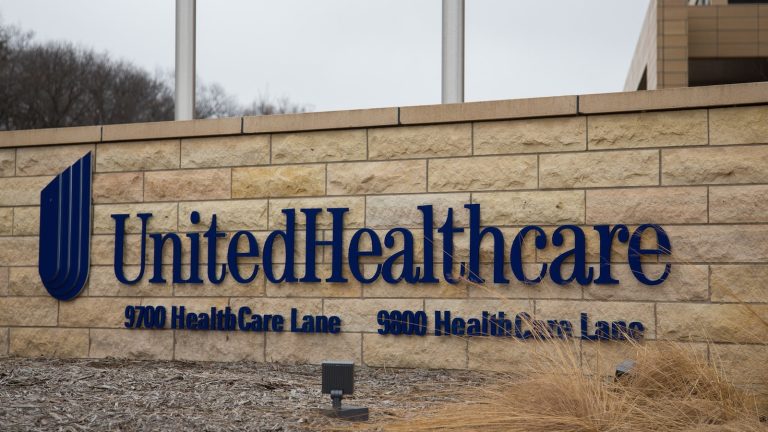The fatal shooting of UnitedHealthcare CEO Brian Thompson, along with the alleged grievances of the suspect charged with his murder, have thrust the nation’s healthcare sector into the spotlight.
At the time of his arrest, suspect Luigi Mangione allegedly had with him written who criticize U.S. healthcare companies as the most expensive in the world, according to law enforcement.
The author also allegedly suggested that the United States continually ranks below other developed countries in terms of life expectancy, stating: “They continue to abuse our country for immense profit because the American public has allowed me to get away with it.”
The events surrounding Thompson’s killing sparked a national debate over the rising costs and, for some, inaccessibility of health care, a long-standing concern for Americans.
The United States spends on average twice as much or more per person on health care per capita than some comparable high-income countries, according to KFFa nonprofit health policy research, polling and press organization.

Luigi Mangione, suspect in the New York City killing of UnitedHealth executive Brian Thompson, leaves after an extradition hearing at the Blair County Courthouse in Hollidaysburg, Pennsylvania, December 10, 2024.
Eduardo Munoz/Reuters
Health care costs have generally risen faster than inflation, according to researchersthereby contributing to the difficulties many Americans face in accessing health care and medications, even with insurance.
A 2019 study published in Health Affairs found that even though they spend more on health care on average, Americans do not receive more or better care than residents of other developed countries.
According to a KFF study, about half of U.S. adults said it was difficult to pay for health care, causing some to skip or postpone needed care.
One in four adults reported skipping or delaying needed health care because of the cost, KFF reported; among uninsured adults surveyed, 61% reported going without needed care due to cost.
A KFF study also found that about 4 in 10 American adults reported having medical or dental debt, which represents about 100 million adults. About 1 in 5 people said they may never be able to repay their debt, and about 1 in 7 say they have been denied access “to a hospital, doctor or other provider » due to these unpaid invoices.

This undated photo provided by UnitedHealth Group shows Brian Thompson, CEO of UnitedHealthcare.
UnitedHealth Group via AP
Kaye Pestaina, KFF vice president and director of the patient and consumer protection program, told ABC News that there is a long list of frustrations Americans face in the nation’s health care system.
“People are happy when they have coverage, and they expect it to be there for them when they need it,” she said, while explaining that this is not always the case.
She lists examples such as when patients are told that the care they are prescribed is not medically necessary or is coverage refusedwhen the out-of-pocket costs are higher than expected or when the care they need is not covered by insurance.
An analysis of HealthCare.gov data found that about 17% of in-network claims were refused by insurers in 2021.
Or, Pestaina adds, some patients face extremely high deductibles and may not be able to use enough money for care to be covered by insurance.
“The system is so complicated for most people that we don’t have the time or the information we need to solve our problems,” Pestaina said.
American adults owe at least $220 billion in medical debt, according to a analysis data from the Survey of Income and Program Participation.
In the meantime, insurance companies And pharmaceutical companies have accumulated billions in profits every year.

UnitedHealth Group Inc. signage sits outside the company’s headquarters in Minnetonka, Minnesota, March 9, 2016.
Mike Bradley/Bloomberg via Getty Images
Pestaina believes the for-profit health care system has contributed to rising prices.
Harvard professor David Cutler points to several key factors contributing to rising costs, including administrative costs and rising prices for drugs and hospital care.
Harvard Medical School researchers found that administrative costs alone account for up to 25 percent of health care costs: “Running the entire system costs more in the United States than elsewhere,” Cutler said.
Cutler pointed out that the ability of pharmaceutical companies to set the price of their drugs “without constraint, it’s a recipe for premature death” — with prices higher in America than in other countries.
The United States Government Accountability Office found in 2020 that estimated prices for 20 selected brand-name prescription drugs were more than 2 to 4 times higher than prices in other countries such as Australia, Canada and France.
Researchers say Americans are right to feel frustrated with all this health care.
“It’s not just: push a button and the thing goes away. But it’s also not irreversible, and we shouldn’t agree to do nothing,” Cutler said.


